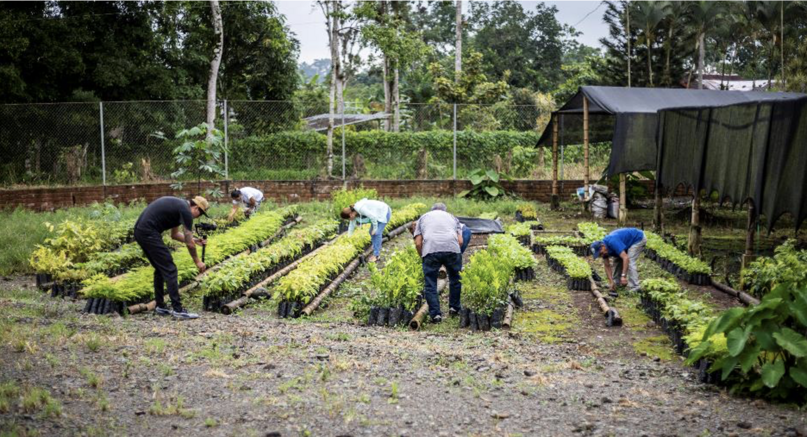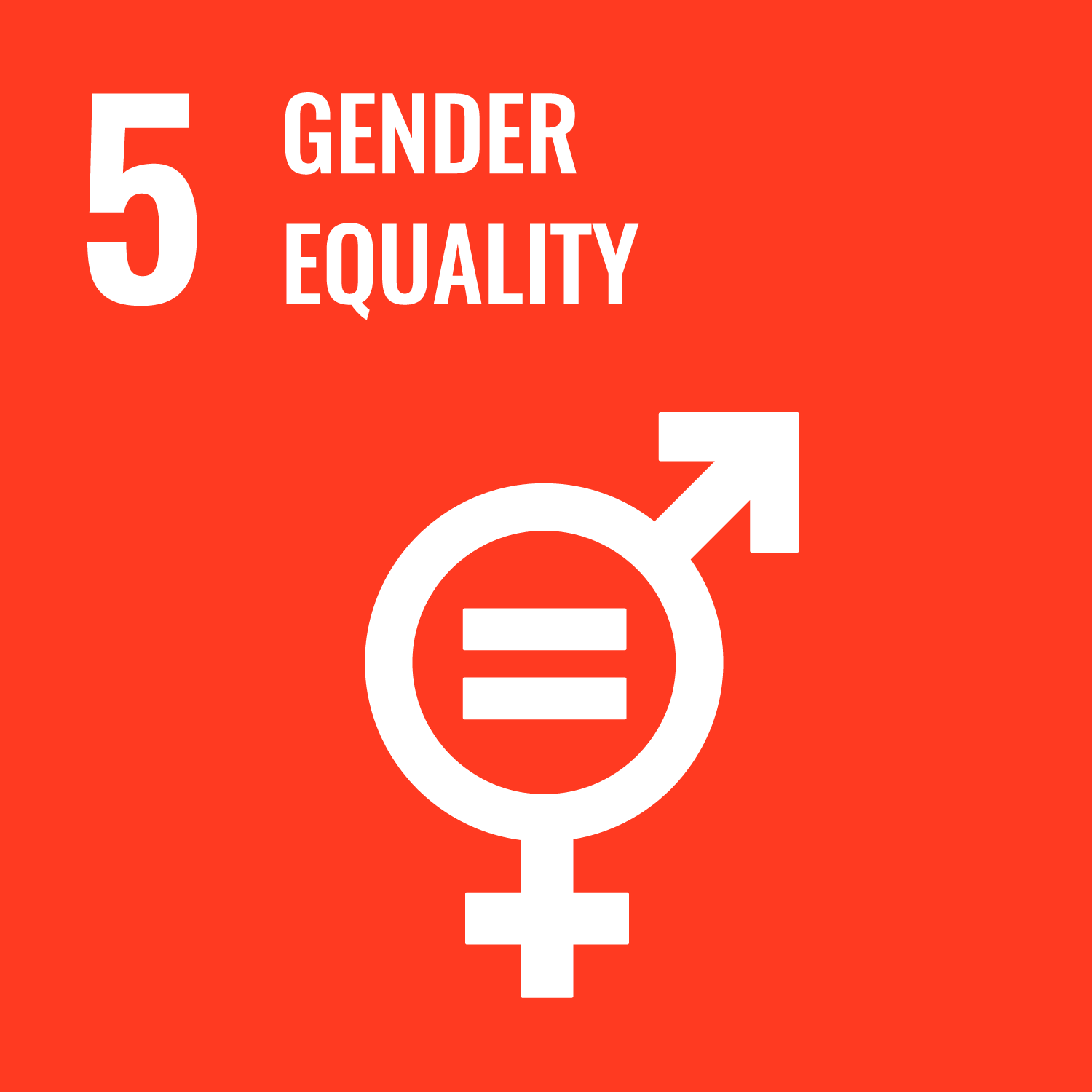We must do more to enable women in forestry and land restoration
17 June 2023

Local women and men work at the “Las Teresas” nursery established under an ITTO project in Chimborazo, Ecuador. The project has empowered local women and improved their livelihoods while helping restore the Chimbo River basin. Photo: R. Idrovo/SENDAS
Yokohama, Japan, 17 June 2023: Speaking on World Day to Combat Desertification and Drought, ITTO Executive Director Sheam Satkuru said that women are often most affected by degraded landscapes but have least control over land management and/or ownership in some societies, yet are effective agents for restoration and forest management and must be empowered.
World Day to Combat Desertification and Drought is held annually to draw attention to measures that can help prevent desertification and recovery from drought. This year’s theme, “Her land. Her rights.”, stresses that investing in women’s equal access to land and associated assets is a direct investment in their future and in the future of humanity.
“Women participate in the forest sector in incredibly diverse ways, and they do essential work that is often undervalued in terms of income, recognition and empowerment,” said Ms Satkuru. “As such, women in the sector are not receiving rewards commensurate with their contributions, and as a result, communities and societies are wasting the huge potential of women as agents of change for restoring and sustainably managing forest landscapes.”
ITTO is committed to gender mainstreaming and enhancing gender equality outcomes across its policy and project work. For example, ITTO’s Guidelines for Forest Landscape Restoration in the Tropics, published in 2021, includes a guiding element to “undertake inclusive, gender-responsive landscape-level assessment and land-use planning”.
The commitment to gender equity is also explicit in ITTO’s Policy Guidelines on Gender Equality and Empowering Women. Among other things, the guidelines are designed to enhance the effective integration and mainstreaming of gender considerations in all aspects of ITTO’s policy and project work. They ensure that the needs and interests of women and men, including their effective participation and outcome benefits, are equally taken into account and promoted in ITTO-funded projects.
Ms Satkuru says this is essential for sustainable outcomes.
“I strongly believe that achieving ITTO’s objectives will be accelerated by efforts to close the gender gap and empower women at all levels,” she said. “Indeed, we cannot achieve our objectives without gender equity.”
The Organization’s project cycle integrates and mainstreams gender issues, which are to be addressed in all phases of the project cycle. ITTO’s current strategic action plan includes a cross-cutting strategy to promote gender equality and the empowerment of women.
Some ITTO projects focus specifically on gender equality and women’s empowerment while working to combat desertification and restore degraded land. Recent examples include a project in Togo that has changed the lives of women in two prefectures as they restore degraded land and benefit from improved agroforestry; a project in Fiji, in which women have taken the lead in mangrove restoration; and a third project, in the Chimbo River basin, Ecuador, that empowers local women to improve their lives while contributing to the restoration of the degraded river basin.
“Theory and practice both tell us that gender equity, and the empowerment of women and girls, are prerequisites for effective and lasting action on the ground to mitigate desertification and restore degraded lands,” said Ms Satkuru. “It’s time for women and girls to be at the forefront of global efforts to restore land and increase resilience to climate change.”


